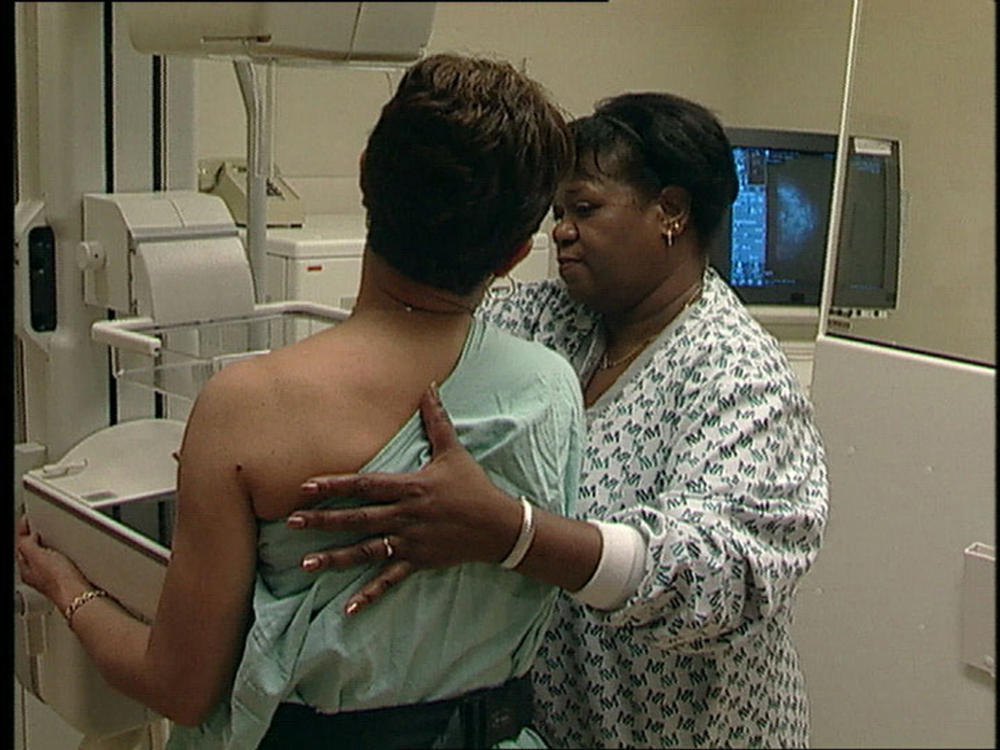Most Women Undergo Annual Mammograms Regardless of Clinical Guidelines
Images

A national cross-sectional study examined how often women in the United States undergo a mammography screening in the past year versus the past one to two years, according to findings published in Annals of Internal Medicine. The researchers found that over 75% of women received a mammogram in the past year, suggesting a large proportion of women undergo screening annually whether annual screening is recommended by guidelines or not.
Researchers from Harvard Medical School analyzed data from 20,034 women aged 40 to 84 years without breast cancer history who participated in the 2019 and 2021 National Health Interview Survey (NHIS). Clinical guidelines on the age to initiate screening, age to cease screening, and how often to screen vary widely, so the researchers aimed to determine how often women report a mammography screening by age and other sociodemographic factors. Among women aged 65 to 84 years, the researchers also examined receipt of screening in the past year vs. one to two years by 10-year life expectancy, since most guidelines recommend discontinuation of mammography screening when life expectancy is less than 10 years. The researchers found that 68.1% of participants reported mammography screening in the past 2 years, of which 75.2% reported screening in the past year. Women aged 40 to 44 years and aged 55 to 74 years were more likely to report screening in the past year than women aged 45 to 54 years or 75 to 84 years. Women with sociodemographic factors including identifying as non-Hispanic Black, having a college degree, and those from the Northeast or Midwest were more likely to report a mammography in the past year. Among those aged 65 to 84 with less than 10-year life expectancy, 71.1% of those screened in the past two years reported screening in the past year.
The findings suggest most women screen annually, with women aged 55 to 74 more likely to screen annually than women aged 45 to 54 despite recommendations for biennial screening, especially for those aged 55 and older. Additionally, non-Hispanic Black women reported some of the highest screening proportions across demographics, despite experiencing greater breast cancer death than other populations. This suggests future interventions to improve breast cancer outcomes for Black women should focus more on follow-up and treatment rather than screening. The researchers conclude that interventions to inform women over 40 of the option to screen biennially may be appropriate for health systems choosing to follow biennial screening guidelines.
Related Articles
Citation
Most Women Undergo Annual Mammograms Regardless of Clinical Guidelines. Appl Radiol.
March 24, 2025